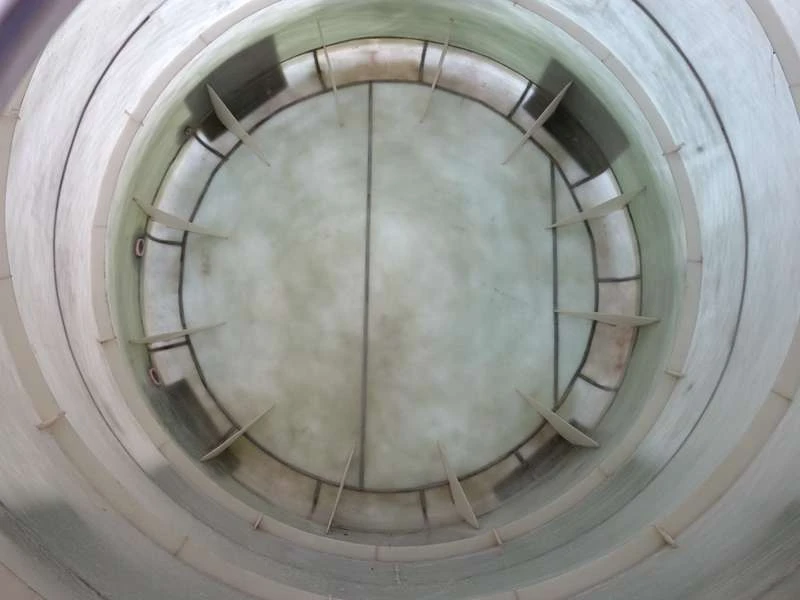
-
 Afrikaans
Afrikaans -
 Albanian
Albanian -
 Amharic
Amharic -
 Arabic
Arabic -
 Armenian
Armenian -
 Azerbaijani
Azerbaijani -
 Basque
Basque -
 Belarusian
Belarusian -
 Bengali
Bengali -
 Bosnian
Bosnian -
 Bulgarian
Bulgarian -
 Catalan
Catalan -
 Cebuano
Cebuano -
 China
China -
 China (Taiwan)
China (Taiwan) -
 Corsican
Corsican -
 Croatian
Croatian -
 Czech
Czech -
 Danish
Danish -
 Dutch
Dutch -
 English
English -
 Esperanto
Esperanto -
 Estonian
Estonian -
 Finnish
Finnish -
 French
French -
 Frisian
Frisian -
 Galician
Galician -
 Georgian
Georgian -
 German
German -
 Greek
Greek -
 Gujarati
Gujarati -
 Haitian Creole
Haitian Creole -
 hausa
hausa -
 hawaiian
hawaiian -
 Hebrew
Hebrew -
 Hindi
Hindi -
 Miao
Miao -
 Hungarian
Hungarian -
 Icelandic
Icelandic -
 igbo
igbo -
 Indonesian
Indonesian -
 irish
irish -
 Italian
Italian -
 Japanese
Japanese -
 Javanese
Javanese -
 Kannada
Kannada -
 kazakh
kazakh -
 Khmer
Khmer -
 Rwandese
Rwandese -
 Korean
Korean -
 Kurdish
Kurdish -
 Kyrgyz
Kyrgyz -
 Lao
Lao -
 Latin
Latin -
 Latvian
Latvian -
 Lithuanian
Lithuanian -
 Luxembourgish
Luxembourgish -
 Macedonian
Macedonian -
 Malgashi
Malgashi -
 Malay
Malay -
 Malayalam
Malayalam -
 Maltese
Maltese -
 Maori
Maori -
 Marathi
Marathi -
 Mongolian
Mongolian -
 Myanmar
Myanmar -
 Nepali
Nepali -
 Norwegian
Norwegian -
 Norwegian
Norwegian -
 Occitan
Occitan -
 Pashto
Pashto -
 Persian
Persian -
 Polish
Polish -
 Portuguese
Portuguese -
 Punjabi
Punjabi -
 Romanian
Romanian -
 Russian
Russian -
 Samoan
Samoan -
 Scottish Gaelic
Scottish Gaelic -
 Serbian
Serbian -
 Sesotho
Sesotho -
 Shona
Shona -
 Sindhi
Sindhi -
 Sinhala
Sinhala -
 Slovak
Slovak -
 Slovenian
Slovenian -
 Somali
Somali -
 Spanish
Spanish -
 Sundanese
Sundanese -
 Swahili
Swahili -
 Swedish
Swedish -
 Tagalog
Tagalog -
 Tajik
Tajik -
 Tamil
Tamil -
 Tatar
Tatar -
 Telugu
Telugu -
 Thai
Thai -
 Turkish
Turkish -
 Turkmen
Turkmen -
 Ukrainian
Ukrainian -
 Urdu
Urdu -
 Uighur
Uighur -
 Uzbek
Uzbek -
 Vietnamese
Vietnamese -
 Welsh
Welsh -
 Bantu
Bantu -
 Yiddish
Yiddish -
 Yoruba
Yoruba -
 Zulu
Zulu
Understanding the Benefits of Fiberglass Flanges in Industrial Applications
Understanding Fiberglass Flanges A Comprehensive Guide
Fiberglass flanges are an essential component in various industries, offering a reliable and lightweight alternative to traditional metal flanges. Made from a composite material comprising glass fibers and resin, these flanges have gained popularity due to their unique properties, including corrosion resistance, low weight, and high strength-to-weight ratio. This article will delve into the characteristics, applications, advantages, and maintenance of fiberglass flanges.
Characteristics of Fiberglass Flanges
Fiberglass flanges are typically manufactured using a combination of woven glass fiber and a thermoset resin, such as epoxy or polyester. This composite structure provides outstanding durability and flexibility, making fiberglass flanges ideal for numerous applications. They are available in various dimensions, shapes, and specifications to fit different piping needs.
One of the most significant characteristics of fiberglass flanges is their excellent resistance to corrosive environments. Unlike metal flanges, which can succumb to oxidation and corrosion over time, fiberglass flanges maintain their integrity even when exposed to harsh chemicals, moisture, and extreme temperatures. This property significantly extends their lifespan and reduces maintenance costs.
Applications of Fiberglass Flanges
Fiberglass flanges are commonly used in a wide range of industries, including
1. Chemical Processing In chemical processing plants, fiberglass flanges are utilized for piping systems transporting corrosive substances. Their resistance to chemical attack makes them a preferred choice for these applications.
2. Water Treatment Municipal water treatment facilities employ fiberglass flanges for their piping systems to manage the flow of water and wastewater. Their non-reactive nature helps ensure water quality.
3. Oil and Gas Industry In the oil and gas sector, fiberglass flanges are used in pipelines that must withstand harsh environmental conditions and aggressive chemicals. Their lightweight properties facilitate easier installation and maintenance.
4. Marine Applications The marine industry benefits from fiberglass flanges due to their resistance to saltwater corrosion, making them ideal for boat construction and offshore platforms.
Advantages of Fiberglass Flanges
fiberglass flange

The benefits of using fiberglass flanges over traditional metal options are numerous. Here are some key advantages
- Corrosion Resistance As mentioned earlier, fiberglass flanges are resistant to a wide range of chemicals, ensuring longevity and reliability.
- Lightweight Fiberglass flanges are significantly lighter than their metal counterparts, making transportation and installation easier and reducing the overall load on the piping system.
- Thermal Insulation Fiberglass naturally provides excellent thermal insulation, which can help in maintaining temperature control in piping systems.
- Cost-Effective While the initial investment for fiberglass flanges may be higher than metals, their longevity and reduced maintenance needs often result in lower total lifecycle costs.
- Versatility Fiberglass flanges can be manufactured to meet various specifications and sizes, making them adaptable to different engineering requirements.
Maintenance of Fiberglass Flanges
To ensure the longevity of fiberglass flanges, proper maintenance is essential. Here are some maintenance tips
- Regular Inspections Periodically inspect fiberglass flanges for physical damage, such as cracks or delamination, which can weaken the structure.
- Cleaning Keep flanges free of dirt, debris, and chemicals that could compromise their integrity. Use non-abrasive cleaners to avoid scratching the surface.
- Avoid Heavy Loads Though fiberglass flanges are sturdy, they should not be subjected to excessive loads or stresses that could lead to failure.
- Proper Installation Ensure that fiberglass flanges are installed correctly, following manufacturer guidelines to prevent leaks and structural issues.
In conclusion, fiberglass flanges are an invaluable component for various industries, providing numerous benefits such as corrosion resistance, lightweight properties, and versatility. Understanding their characteristics, applications, and maintenance requirements is crucial for anyone looking to incorporate them into their projects. By embracing this innovative material, industries can ensure safer, more efficient operations while minimizing maintenance costs and extending service life.









